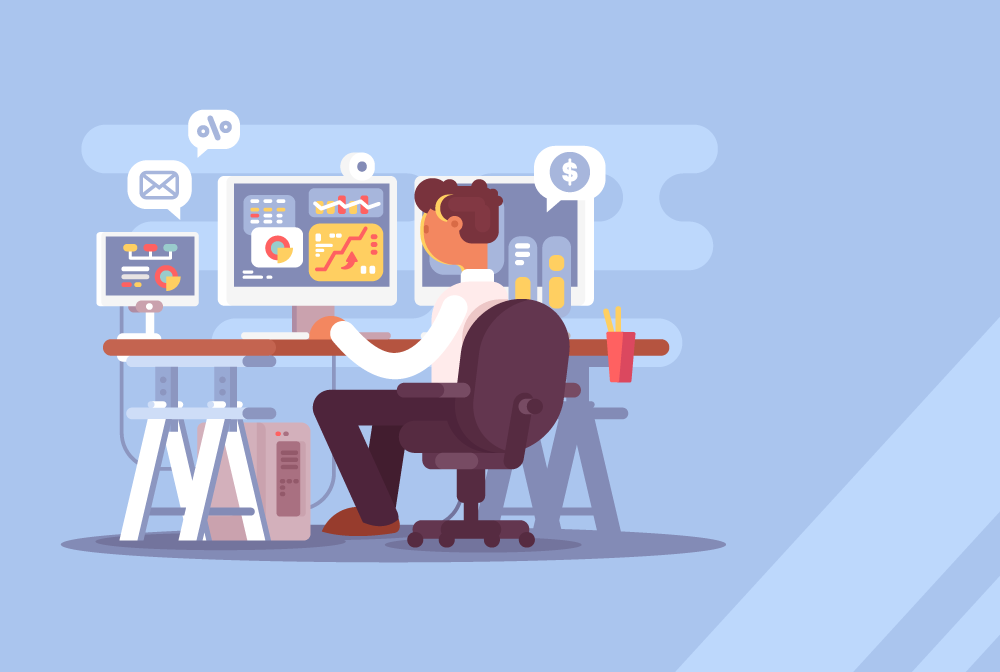How to become effective learner : If you are like many students, you have a limited amount of time, so you should maximize the educational value of your time. It is important, however, not just to learn as quickly as possible. In order to be successful in school, students must be able to accurately retain the information they learn, recall it at a later time, and apply it effectively in a variety of settings.
A few of these tips can help you get more out of your study time, but becoming an effective and efficient student is not something that happens overnight.
Using Memory Improvement Basics
You can improve your memory by doing a number of different things. Basic tips such as improving focus, avoiding cram sessions, and structuring your study time are good places to start, but there are even more lessons from psychology that can improve learning.
Take a look at these memory improvement tips to maximize your memory and retention.
Learn and practice new things
Keeping learning is a sure-fire way to become a more effective learner. According to an article published in Nature, people who learned how to juggle increased the gray matter in their occipital lobes, the area of the brain associated with visual memory. When these individuals stopped practicing their new skill, their gray matter disappeared.
As such, if you are learning a new language, it is vital to keep practicing the language in order to maintain your gains. The “use-it-or-lose-it” phenomenon is due to a brain process called “pruning.” Some pathways in the brain are maintained, while others are eliminated. Practice and rehearse the new information you just learned if you want it to stick.
Multiple ways to learn
Focusing on learning in more than one way is another of the best ways to learn. Finding a way to rehearse the information both verbally and visually is more effective than listening to a podcast, which involves auditory learning. You might describe what you learned to a friend, take notes, or draw a mind map. The more ways you learn, the more you cement the knowledge into your mind.
Judy Willis says that the more brain regions that store data about a subject, the more the brain is interconnected. By having this redundancy, students will have more opportunities to access all of the related bits of data from their multiple storage areas at once. When we cross-reference data, we learn, rather than simply memorize.
Learn from your experience and share it with someone else
Educators have long noted that teaching someone else is one of the best ways to learn something. Do you remember your presentation on Costa Rica in seventh grade? Your teacher hoped you would gain even more from the assignment by teaching to the rest of the class. The same principle can be applied to your newly acquired skills and knowledge today.
You should begin by translating the information into your own words. Putting the information into your own words helps you retain it. Once you’ve learned something, share it with others.
Promote new learning by utilizing previous learning
You can also become a more effective learner by using relational learning, which involves relating new information to what you already know.
When you study Romeo and Juliet, for example, you may associate what you learn about the play with your prior knowledge of Shakespeare, the historical period during which the author lived, and other related information.
Acquire practical experience
Students usually learn by reading textbooks, attending lectures, and conducting research in the library or online. It’s important to see information and then write it down, but putting new knowledge and skills into practice is one of the best ways to improve learning.
Learn a new skill by gaining practical experience.
Perform the sport or skill on a regular basis if it is a sport. Immerse yourself in language-learning experiences and practice speaking with others while learning a new language. Practice your budding skills by watching foreign-language films and engaging in conversation with native speakers.
Instead of trying to remember answers, look them up
How to become effective learner : Learning isn’t a perfect process, of course. We sometimes forget the details of what we’ve already learned. Research suggests that if you struggle to recall some information, you are better off looking up the correct answer online.
According to a study, the longer you spend trying to remember the answer, the more likely you are to forget it again in the future. How come? As a result of these attempts to recall previously learned information, “error states” are learned instead of the correct responses
Identify your learning style
You can also improve your learning efficiency by recognizing your learning habits and styles. There are several theories regarding learning styles that can all help you gain a better understanding of how you learn.
Though learning styles have been the subject of considerable debate and criticism, many students may find that understanding their preferences is still helpful.
Gardner’s theory of multiple intelligences identifies eight different types of intelligence that can be used to uncover individual strengths.
You can also better determine which learning strategies might work for you by looking at Carl Jung’s learning style dimensions. VARK learning styles and Kolb’s learning styles can also provide a better understanding of how you learn new things.
For more articles and Mp news visit ibc24.


